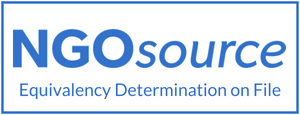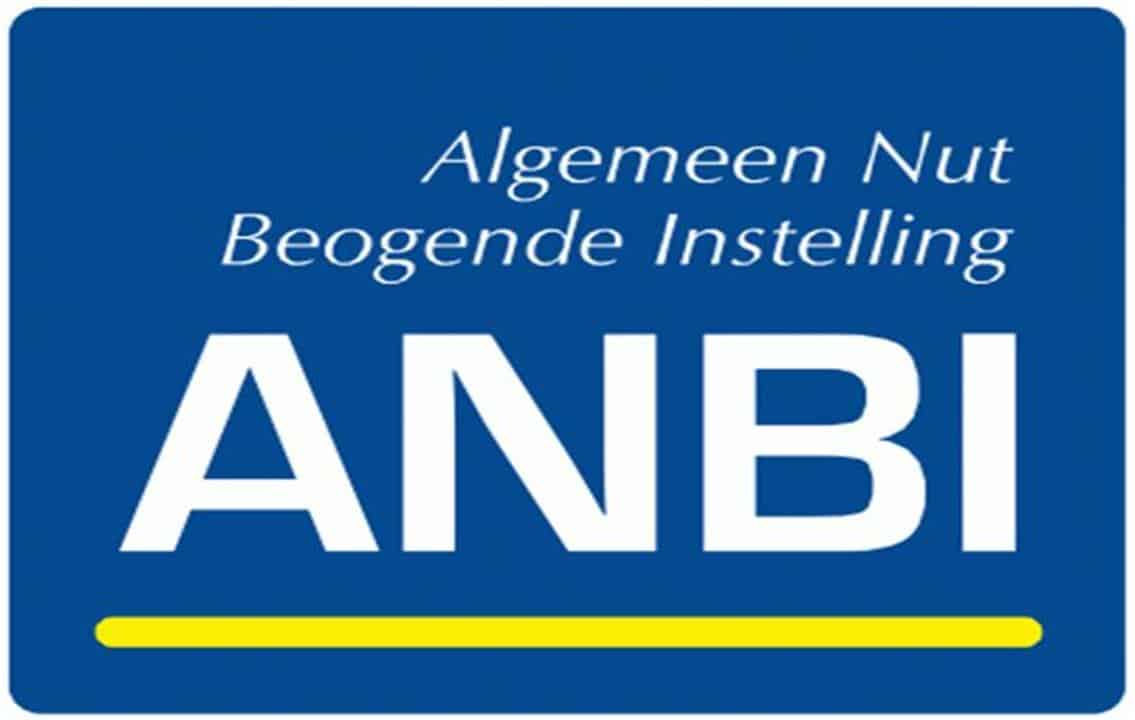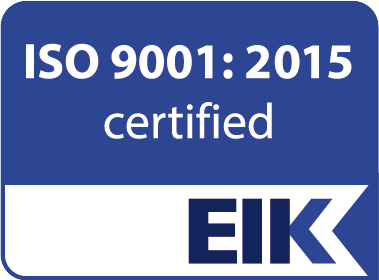In response to growing concerns about the unintended consequences of international and EU sanctions on humanitarian efforts, Human Security Collective (HSC) was commissioned by the Netherlands Ministry of Foreign Affairs, through its departments of humanitarian aid/stabilization and sanctions, to conduct a detailed mapping study. The study, titled The Unintended Consequences of Financial Sanctions Regimes on Humanitarian Organizations: What Are the Gaps That Need to Be Filled?, examines the challenges faced by the Dutch Relief Alliance (DRA) and other humanitarian organizations operating in crisis regions. It particularly focuses on navigating complex sanctions regimes and financial de-risking processes.
Sanctions, designed to exert pressure on governments or entities, often disrupt the delivery of essential humanitarian aid. These disruptions can affect critical financial transactions, logistical support, and the flow of supplies such as food, medicine, and shelter. For humanitarian organizations, this creates additional barriers, exacerbating the suffering of vulnerable populations in already crisis-affected regions. In some cases, overcompliance by banks—fearing penalties or secondary sanctions—leads to de-risking, such as blocking or delaying financial transfers essential for humanitarian operations.
The mapping study highlights the vital role of UN Security Council Resolution 2664, which introduced a humanitarian carve-out for all UN sanctions regimes, including a 2-year carve out for the UNSCR 1267 Al Qaeda and ISIS regime to help mitigate the impact of sanctions on humanitarian work by exempting essential humanitarian activities from asset freezes. Despite this significant progress, the study reveals that the implementation of these exemptions has been inconsistent, and that gaps remain in their application, particularly by financial institutions and donors.
One of the study’s key insights is the complex interaction between sanctions and Anti-Money Laundering (AML)/Countering the Financing of Terrorism (CFT) regulations. These overlapping frameworks can hinder the flow of funds to NGOs, as banks use different screening filters for targeted financial sanctions, global human rights sanctions, and AML/CFT compliance. This results in banks refusing transactions or applying extensive delays, even when the transactions are aligned with humanitarian exemptions under UNSCR 2664.
In addition to documenting the operational barriers faced by humanitarian NGOs, the study also provides actionable recommendations. These include policy harmonization to ensure permanent and clear humanitarian exemptions across EU sanctions, engagement with financial institutions to clarify guidelines on processing transactions for humanitarian purposes, enhancing legal clarity and training for NGOs and financial institutions on navigating sanctions and exemptions, and engagement through dialogues and action to foster collaboration between governments, banks, and NGOs to address implementation challenges.
The findings of the study were presented at the RELEX Sanctions Working Group in November 2024, where it sparked meaningful discussions on how sanctions impact humanitarian efforts and what steps need to be taken to protect the operating space for humanitarian aid globally.
The timing of this mapping is crucial, given the current geopolitical crises in Ukraine, Gaza, Lebanon, Sudan, and elsewhere, where humanitarian organizations continue to face increasing challenges in delivering aid. As sanctions and AML/CFT regulations continue to evolve, HSC’s recommendations aim to help safeguard the operational space for humanitarian action globally.
Through the findings of this study, HSC aims to support the Netherlands Ministry of Foreign Affairs and other EU member states in advocating for policies that protect humanitarian operations under evolving sanctions regimes, and to engage with financial institutions to ensure that they can safely process transactions for essential aid.
Read the study here.




